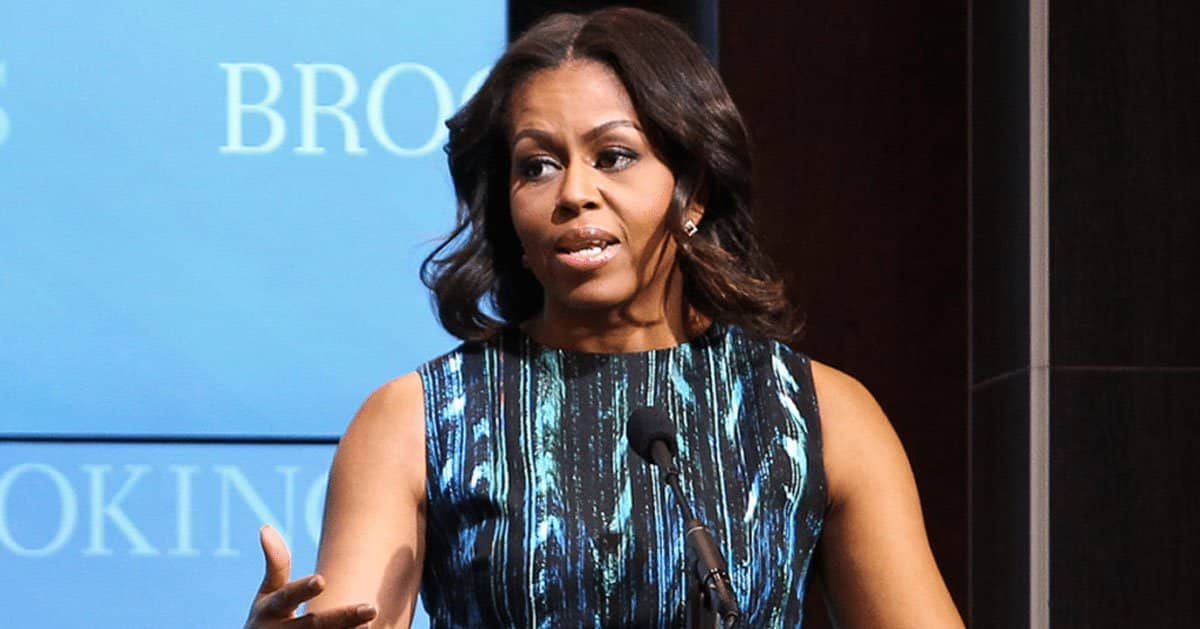







Big Pharma’s glossy ads just hit a regulatory wall. The Trump administration has unleashed a long-overdue crackdown on misleading direct-to-consumer pharmaceutical advertisements. It’s a move that’s shaking up an industry used to skating by with minimal oversight.
Just The News reported that the Trump administration’s plan targets deceptive drug promotions across TV, social media, and online pharmacies, marking the first major enforcement since these ads were greenlit in 1997. This effort aims to close loopholes and demand transparency from an industry that’s been less than forthcoming.
Only the U.S. and New Zealand allow direct-to-consumer drug ads, a peculiar setup that’s fueled a prescription frenzy. The FDA’s new push is a direct challenge to Big Pharma’s playbook, which often buries risks in fine print or redirects to websites. This crackdown signals a shift toward prioritizing patient trust over corporate profits.
A key target is the “adequate provision loophole,” which lets drug companies, including vaccine makers, skirt full risk disclosures by pointing to external sources. This dodge has allowed ads to gloss over serious side effects while hyping benefits. The FDA’s move to shut this down is a win for clarity over obfuscation.
The pharmaceutical industry’s influence on Congress, greased by hefty financial contributions, has long shielded it from scrutiny.
Past inaction on misleading ads owes much to this cozy relationship. It’s refreshing to see an administration willing to take on this Goliath, even if it ruffles powerful feathers.
Media outlets, flush with ad revenue, often play defense for Big Pharma, downplaying risks or sidestepping concerns. This crackdown puts them on notice, too, challenging a system that’s profited off public confusion. The public deserves better than being spoon-fed half-truths.
FDA violation letters to drug companies plummeted from 130 a year in the late 1990s to zero in 2024. That’s not oversight; that’s neglect. The Trump administration’s aggressive stance is a sharp pivot, aiming to restore accountability to an industry that’s been running wild.
Dr. Marty Makary, FDA Commissioner, declared, “We are cracking down on drug ads to the maximum extent of our regulation while preserving First Amendment rights.”
Nice try, doc, but “maximum extent” sounds like a tightrope walk when Big Pharma’s lawyers are circling. Still, it’s a bold step toward reining in deceptive practices.
The crackdown extends beyond TV to social media influencers and online pharmacies, where oversight has been laughably lax. These platforms have become a Wild West for drug marketing, with influencers peddling pills without mentioning risks. The FDA’s new focus here is a wake-up call for digital snake oil salesmen.
Health and Human Services Secretary Robert F. Kennedy Jr. is driving this push, prioritizing scrutiny of Big Pharma’s safety claims. His leadership signals a broader mission to restore trust in a healthcare system too often swayed by profit motives. It’s a cause that resonates with anyone fed up with overmedication.
No comparable crackdowns on misleading drug ads have happened before, making this a historic move. The industry’s been coasting on weak enforcement for nearly three decades. Trump’s team is finally drawing a line in the sand, demanding ads tell the whole story.
The “adequate provision loophole” has been a particular thorn, letting companies hide behind vague references to websites. Closing it means ads might actually have to spell out risks clearly. Imagine that—truth in advertising instead of a glossy sales pitch.
Big Pharma’s ads have long fueled a culture of pill-popping over prevention, and the FDA’s inaction has only enabled it. This crackdown could shift the conversation toward real health solutions, not just quick fixes. It’s a jab at an industry that’s been dodging accountability for too long.
The media’s role in amplifying drug ads while soft-pedaling risks hasn’t gone unnoticed. Outlets that rely on Pharma dollars may squirm as this enforcement ramps up. Good—maybe they’ll think twice before airing another ad that glosses over side effects.
This crackdown isn’t about banning ads but making them honest, a goal every American should cheer. With Kennedy and Makary at the helm, the FDA is finally acting like a watchdog, not a lapdog. Here’s hoping this is the start of a healthier, more transparent approach to drug marketing.



